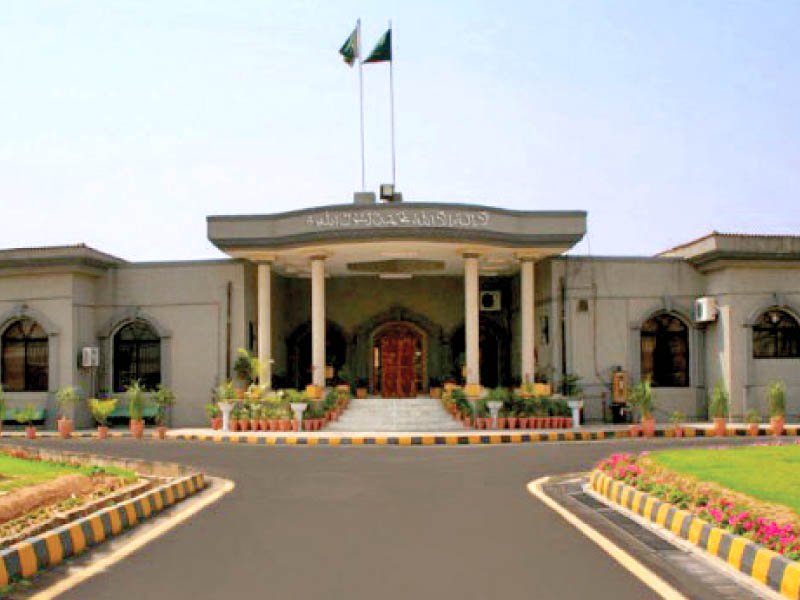
“The PTA is definitely not empowered to pass an order or take action under Section 37 in derogation of the mandatory requirements of due process,” read the order authored by the IHC Chief Justice Athar Minallah.
Hearing a case related to the blocking of Awami Workers Party’s (AWP) website, the order said the PTA had stated in response to the query that Section 37 of the Prevention of Electronic Crimes Act, 2016 empowers it to block websites, “without notice or affording an opportunity of hearing to the person who could be adversely affected by an order or action of the authority.”
The order stated, “This interpretation of Section 37 of the Act of 2016 is in flagrant violation of the fundamental rights guaranteed under the Constitution as well as the settled law enunciated by the superior courts”.
The court noted that the principles of natural justice are required to be read into every statute. It further observed that Article 10A made it mandatory to observe the requirements of due process before passing any order or taking any action whereby persons could be adversely affected.
It was further noted that it was a statutory duty of the PTA to prescribe and notify rules contemplated by the legislature under sub-section (2) of Section 37 of the Act of 2016.
“The legislature in its wisdom by using the expression ‘shall’ has manifested its intention that it is mandatory for the Authority to prescribe rules for the purposes described under Section 37(2) of the Act of 2016,” it added.
Commenting on the judgement, the AWP counsel Umar Gilani said the decision is likely to become a seminal precedent in cyber law.
“It will hopefully ensure better protection of online speech. Today’s judgment proves that despite everything that is going on, the ideals of constitutionalism are still alive in Pakistan,” he said.





1725254039-0/Untitled-design-(24)1725254039-0-270x192.webp)
1732189200-0/Express-Tribune-(13)1732189200-0-270x192.webp)



1732186994-0/Untitled-design-(10)1732186994-0-270x192.webp)






COMMENTS
Comments are moderated and generally will be posted if they are on-topic and not abusive.
For more information, please see our Comments FAQ